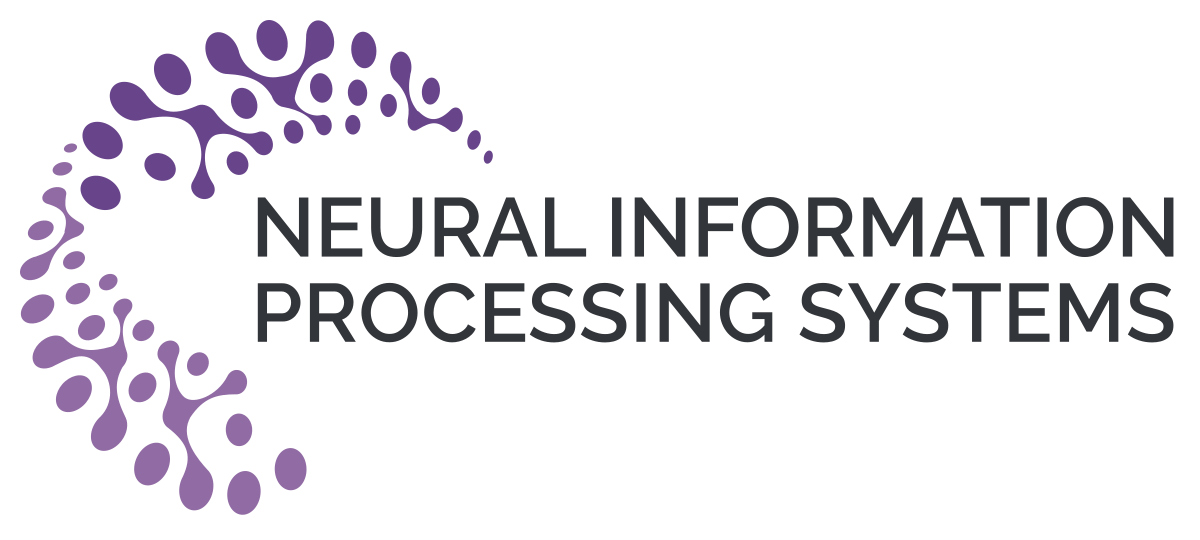Abstract:
While stochastic gradient descent (SGD) is still the de facto algorithm in deep learning, adaptive methods like Clipped SGD/Adam have been observed to outperform SGD across important tasks, such as attention models. The settings under which SGD performs poorly in comparison to adaptive methods are not well understood yet. In this paper, we provide empirical and theoretical evidence that a heavy-tailed distribution of the noise in stochastic gradients is one cause of SGD's poor performance. We provide the first tight upper and lower convergence bounds for adaptive gradient methods under heavy-tailed noise. Further, we demonstrate how gradient clipping plays a key role in addressing heavy-tailed gradient noise. Subsequently, we show how clipping can be applied in practice by developing an adaptive coordinate-wise clipping algorithm (ACClip) and demonstrate its superior performance on BERT pretraining and finetuning tasks.

